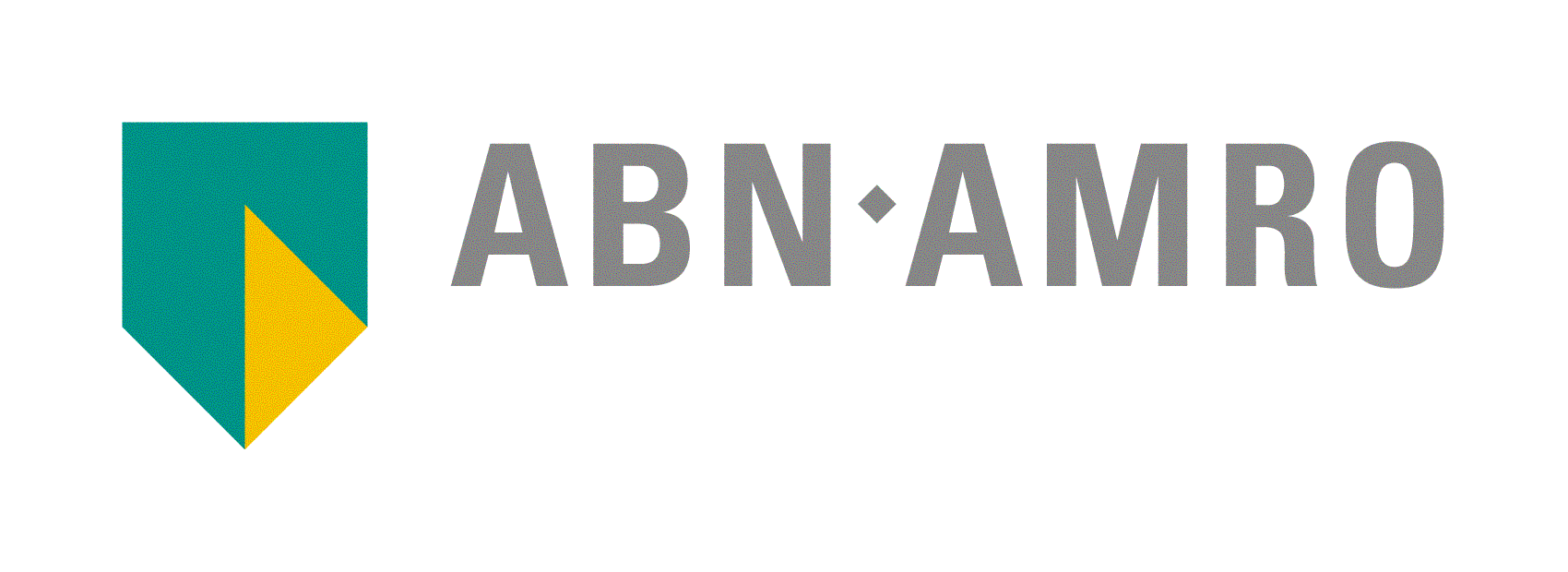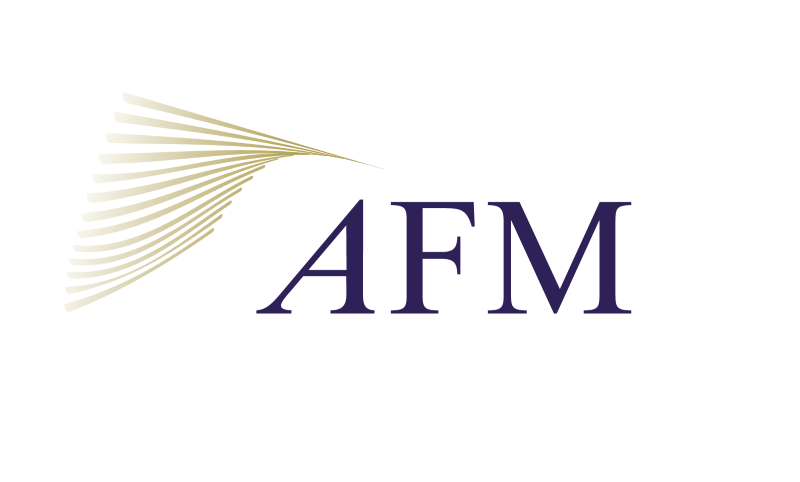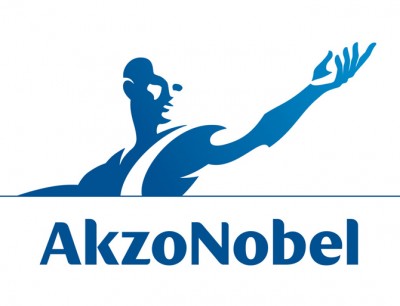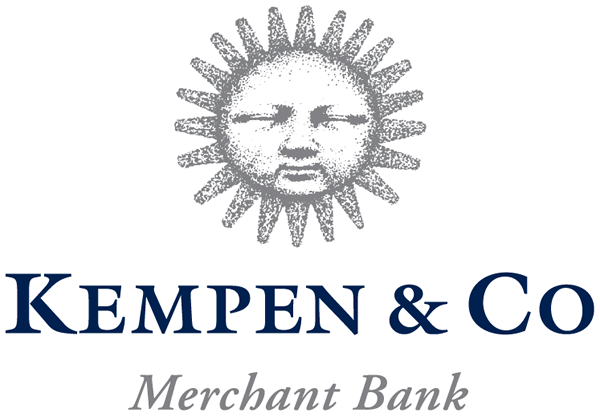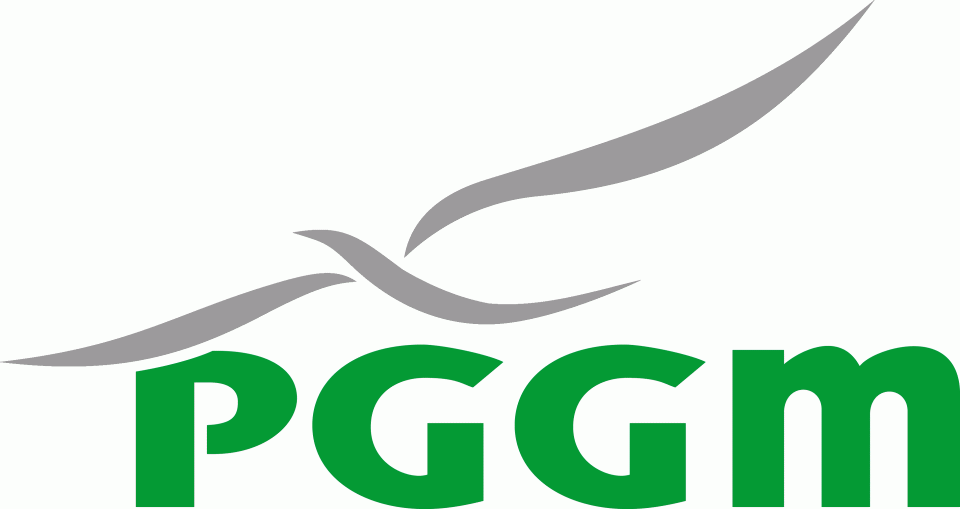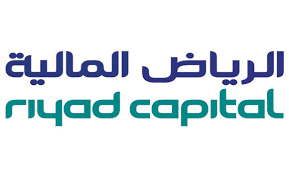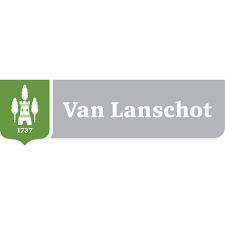The Project Finance and PPPs program focuses on structuring, financing and valuing large capital projects and emphasizes Public Private Partnerships (PPP). Funding large capital expenditure projects delivers high returns but is inherently risky. In the aftermath of the great financial crisis, project failures have generated billions of dollars of losses for the equity sponsors and the creditors. The program provides a framework and methodology to look at project financing as a viable financing option from both the debt and equity perspective. Using case studies, that cover both social and economic infrastructure projects, the program illustrates how and why major infrastructure projects succeed or fail.
How you will benefit
- Understand when to use project finance and how it differs from other corporate finance techniques
- Identify the key financing sources: bank loans, multilateral funding and bond issue
- Structure the financing with a wide variety of financial and industrial participants
- Understand BOTs and Public Private Partnerships (PPPs)
- Conduct the due diligence of a project from a bank’s point of view
- Identify and manage the key risks, specifically the political, construction, market, FX and environmental risks
- Understand the cash flow model and sensitivity analysis
- Recognize the limits of IRR and how it can be manipulated
- Learn how to properly value projects
- Familiarize yourself with new initiatives for infrastructure finance
Program delivery
The program will be a mixture of lectures, case studies, and practical exercises. Case studies and practical exercises will allow program participants to develop the required skills, and to apply them to specific business situations. Practical examples will allow program participants to better understand drivers of successful PF and PPP investments, and identify risk factors that may jeopardize desired outcomes.
Program length
4 days
| Day 1 | 09:00 – 17:00 |
| Day 2 | 09:00 – 17:00 |
| Day 3 | 09:00 – 17:00 |
| Day 4 | 09:00 – 17:00 |
Next step
We offer carefully crafted learning paths designed to help you dive deeper into various facets of finance. Take the next step in your professional learning path by choosing one or more of our specialized programs, for example:
Overview of Project Finance
- The project finance framework
- Key characteristics and key parties involved
- Risks and risk mitigants
– Political, sovereign and expropriation risks
– Economic risks - Project finance as a financial contract and contract types (BOT, BOO, etc.)
- Public Private Partnerships (PPPs)
Financing issues in Project Finance: the macro view
- Financing types: bonds versus loans
- Assessing project finance debt
- Financial ratios: DSCR, LLCR, PLCR, etc.
- Financing risks and re-financing risks
- Lenders protection: cash sweeps, mandatory cash sweeps, etc.
- Role of Multi-Lateral Agencies (MLA) and Political Risk Insurance (PRI)
- Common derivatives used in project finance: swaps, etc.
Financing issues in Project Finance: the micro view
- Financing issues during construction
- Financing issues during operation
- Interplay between construction and operation
Project valuation: Cash flows and discount rates
- The relevant cash-flows and the cash-flow waterfall
- Discount rates
– Cost of unlevered equity and levered equity
– Cost of debt
– The Weighted Average Cost of Capital (WACC) - Cash flows
– Free Cash Flows (FCF)
– Cash Available for the Debt Service (CADS) - Net Present Value (NPV)
- Reasons why the WACC cannot be used in project finance
- WACC alternatives
– Adjusted Present Value (APV) techniques
– Compressed Adjusted Present Values (CAPV) techniques - Flow-to-equity (FTE) techniques
Program preparation
There is some preparatory work required for this program. Pre-readings consist of case materials, chapters of a book and/or a few articles. These materials will be made available on a password protected webpage a few weeks prior to the program.
To ensure maximum benefit from the program for participant and fellow-participants, we strongly advise to prepare prior to attending.
The Project Finance and PPPs program is recommended for finance professionals, consultants, developers, project managers, engineers, lawyers and portfolio managers from both the private and public sectors.
No prior valuation experience is assumed. Some prior experience with Excel is recommended. Please contact us should you feel the need to verify your level of knowledge.
Prerequisite
Proficiency in English is vital for following this training program effectively.
Is this program not the right fit for you?
We offer other programs which you might find more interesting or useful, such as:

